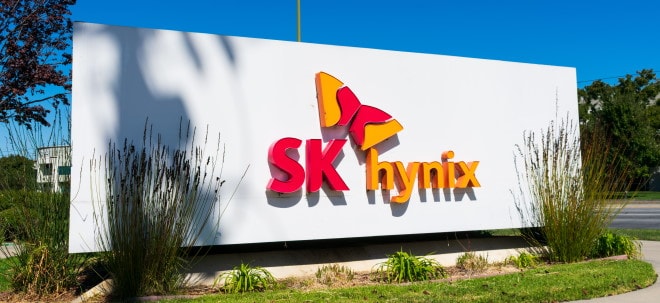Q&A Cesar Espinosa, Ecuadorian Mining Chamber President
Photo: Ecuadorian Mining Chamber
By Silvia Santacruz, EMN
Washington, October 16
Among issues to be discussed during the drafting of Ecuador’s new mining law are more government involvement, renegotiation of concessions, introduction of royalties, and the possibility of an open-pit mining ban. What does the chamber think about these changes?
We think that Alberto Acosta [former MEM minister and presumptive Constituent Assembly speaker] is but one assemblyman. There are plenty more who do not share his ideas. We cannot worry about his assertions regarding an open-pit mining ban. Mining techniques are currently very respectful to the environment.
If such a prohibition takes place, can mines be developed in Ecuador with other techniques?
This decision does not depend on the miner. It depends on the land features, the mineral deposit height, how massive the exploitation would be, etc. One example is Aurelian Resources’s Fruta del Norte project, which will be exploited underground. This means this specific project is inoffensive to Acosta, but I repeat, Acosta is one assemblyman among 130. There are 129 more who have their own judgment. I do not think that Alianza Pais assembly members will go along, raising their hands depending on what don Alberto Acosta wants. I’m sure they will do what is best for the country.
With so much uncertainty in Ecuador, what is the country’s main comparative advantage keeping it attractive to international investment? Will investors migrate to Perú and Chile?
Ecuador has a comparative advantage among those countries due to its huge exploration potential. The difference with Chile, for instance, is that they do not have much more land to explore. Here, however, there is so much to be done and we have discovered deposits of international scale. What happens is that our mineral discoveries coincide with radical changes in the way the country is managed. It is not a very happy coincidence, but on the other hand, when there are difficulties, there are also opportunities.
How is the relationship between the mining industry and the new minister of Mines and Petroleum?
We are very optimistic about Galo Chiriboga. Now we have a chance at dialogue, which before was zero in the last administration [under Acosta]. Alberto – who I consider an extremely intelligent person, but with whom I do not share an opinion over mining – repeats a dogma used by extremist NGOs such as Mining Watch [NGO based in Canada] and Accion Ecologica [Quito-based green NGO. One of its active members is Ana María Varea, Alberto Acosta’s wife.]
What communication strategy does the chamber use to promote mining in Ecuador?
We launched an advertising campaign to inform all Ecuadorians of benefits offered by the industry. The industry hasn’t done this before, and our image had been deteriorated even before we get started [without starting operations.]
What are the chamber’s expectations with the Constituent Assembly having the government’s party majority?
We are delighted with the president’s invitation to all productive sectors after his party’s triumph. In that meeting [to be scheduled] we will reveal our criteria for the creation of coherent and appropriate rules. We are sure that once president Correa gets to know our proposals, he will definitely support mining.
The mining law would be one of a few laws to be debated in the assembly. Will the chamber send its own proposal?
We do not know yet if the assembly will process laws besides the constitutional work, but we are talking with some elected assembly members.
With which assembly members has the chamber spoken?
One of the assembly members is María Paula Romo [lawyer, principal candidate from Alianza País in Pichincha], who is pro-mining. She sees our industry as beneficial, but she asks us to use the best technology available and the least environmentally damaging. I think this is absolutely understandable and doable.
President Correa ordered state participation in oil profits to increase from 50 to 99%. Has this caused nervousness among miners?
I don’t agree, personally, with how it was resolved, but I don’t think is a definitive resolution. Minister Chiriboga has expressed his interest in talking with the companies. Besides, the 99% and 1% only applies to the difference between the market price and the price per oil barrel established in the contracts. Firms won’t lose money, they will earn less.
|
 1 |
2
1 |
2



 Thread abonnieren
Thread abonnieren

